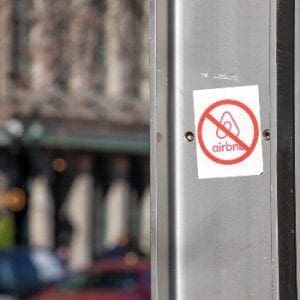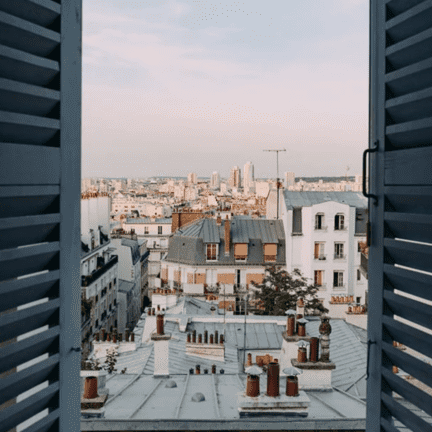 Airbnb superhosts and ghost hotels native to these sharing economy platforms have been a scourge for traditional hotels for roughly the past decade. They grossly inflate total market inventory to hamper ADR growth while not fairly contributing the same levies back to the host municipalities. Now, however, with Covid blocking travel, many of these superhosts may be left out on the streets to our benefit.
Airbnb superhosts and ghost hotels native to these sharing economy platforms have been a scourge for traditional hotels for roughly the past decade. They grossly inflate total market inventory to hamper ADR growth while not fairly contributing the same levies back to the host municipalities. Now, however, with Covid blocking travel, many of these superhosts may be left out on the streets to our benefit.
Hotel brands are more adept at weathering this zero-revenue storm over the likes of multi-unit operators on Airbnb, VRBO, Homestay and other platforms because our properties are capitalized differently than the average small-enterprise proprietor trying to make a buck by listing a place on a home sharing website. Moreover, traditional hotels will likely have preferred access to any institutional stimulus packages.
In most cases, once hoteliers go through the painstaking process of shedding away all mission critical operating expenses (including most labor), we then have a longer tarmac and a better standing with the banks than, say, a ghost hotel operator who has leveraged ownership in several disparate accommodations to purchase several more. Put another way, while each home sharing’s margin of revenue to operating costs on each night’s stay may be drastically more than that of a hotel, their per-unit fixed costs are oftentimes substantially greater than those for a traditional property.
For a bull market, any per-unit cost inefficiencies on the home sharing proprietor’s part are more than adequately buffered by incoming revenues, thereby strongly incentivizing the acquisition of more units and other forms of overcapitalization. But now as we are thrust into a negative growth environment, all those mortgage annuities, property taxes, apartment maintenance fees and utility bills become unsurmountable for an unincorporated sharing economy operator.
One important note at this juncture is to segregate individual homeowners from ghost hotel proprietors. For the former, these individuals will be just fine. Rather than occupying the guest house or spare bedroom with a stranger, they simply temporarily mothball the space or convert it back into the boudoir or hobby room that it was before the sharing economy became a mainstay.
For the ghost hotel operator, however, this foreclosure sequence of events may apply. To stave off a total bloodbath and depletion of its global inventory in major markets, Airbnb promptly created a host relief fund that numbers in the hundreds of millions of dollars, but this still may not be enough to get all the superhosts through unscathed if the pandemic persists for much longer.
Governments will be not be as inclined to block the banks from claiming apartments or secondary houses that are not the primary residence of said super hosts. To mitigate their loses, one strong option may be for these operators to convert their spaces into long-term rentals with leases of a year or more. These arrangements are typically come with tenants’ rights requirements, making conversion back into the short-term rental market near impossible.
In many ways, this real estate cascade of events could end up acting like a miniature version of the 2008 subprime mortgage crisis but only affecting a far narrower class of landowners. It would nevertheless have the effect of cooling overall housing and long-term rental prices in a given market as well as reducing total short-term room inventory to help drive up RevPAR for traditional hotels once travel restrictions are lifted.
This is all besides numerous other factors already at play, some of which are also to the hotel’s advantage, such as our adherence to more rigorous housekeeping SOPs over home sharing operators to thereby give our rooms the perception of being more hygienic.
If there’s one bright light at the end of the coronavirus tunnel, it’s that this outbreak may force the insolvency of those pesky, and largely illegitimate, ghost hotel operators that we have been trying to regulate for nearly a whole decade now. Ultimately, this is one possible outcome and yet another news item to keep tabs on over the next quarter.


















